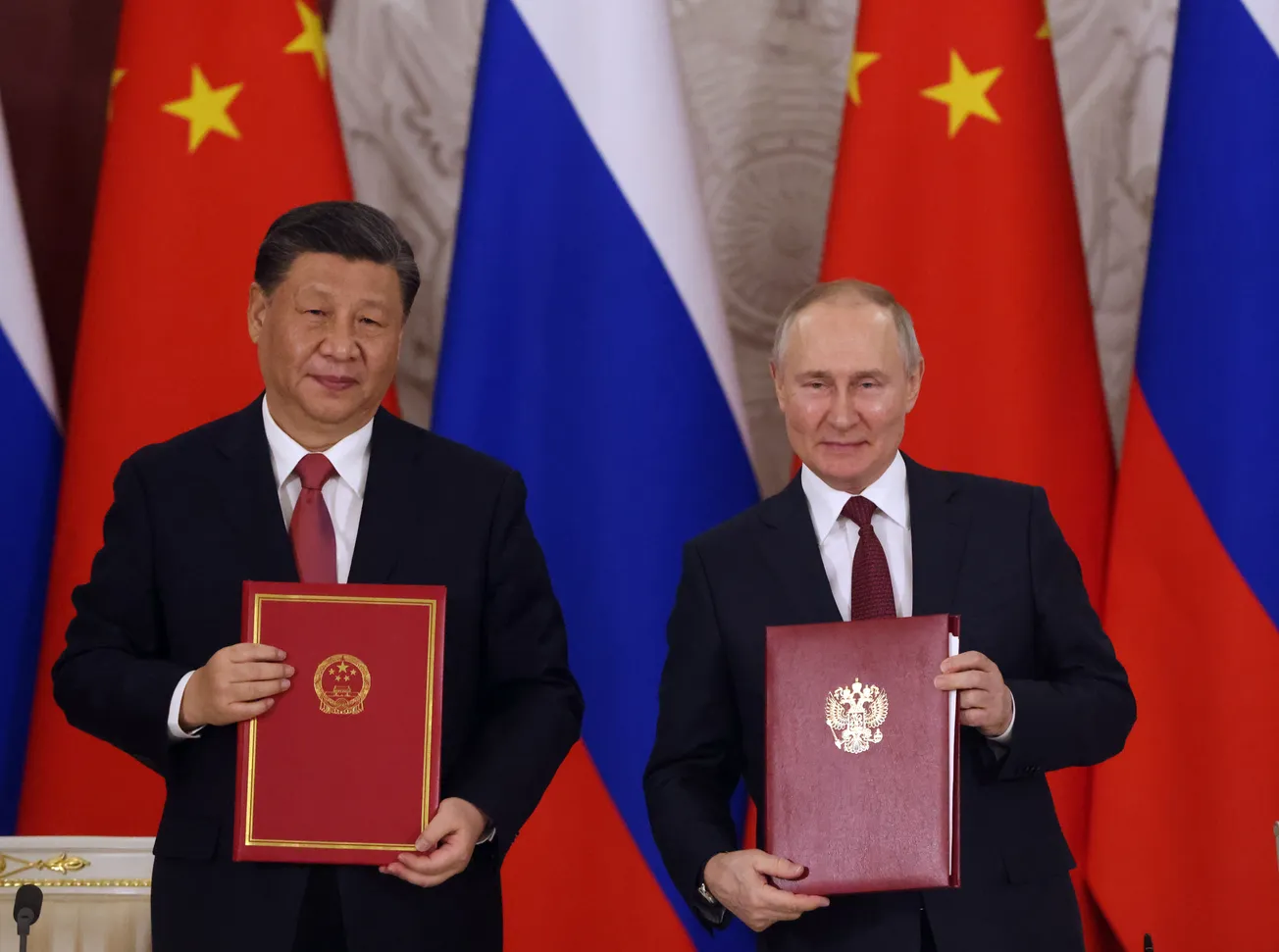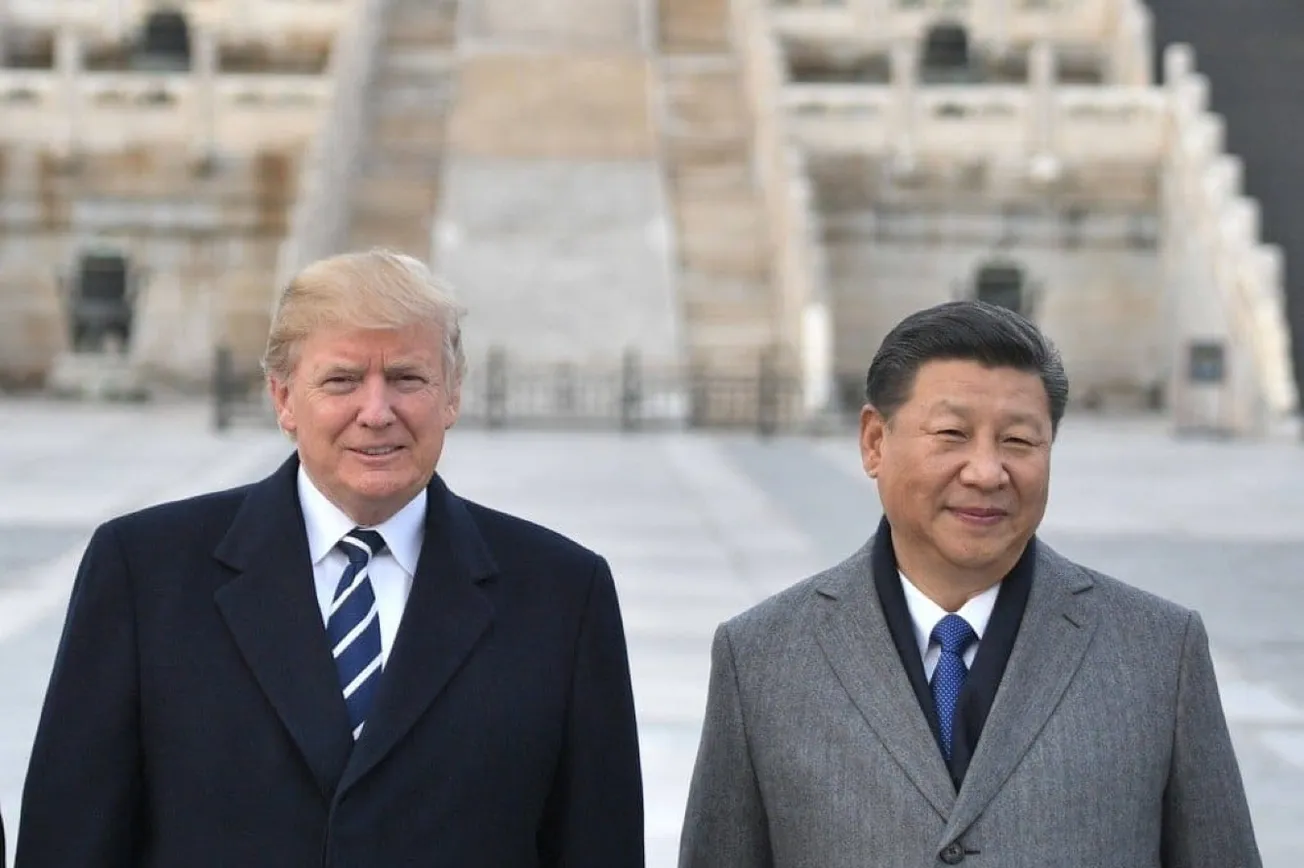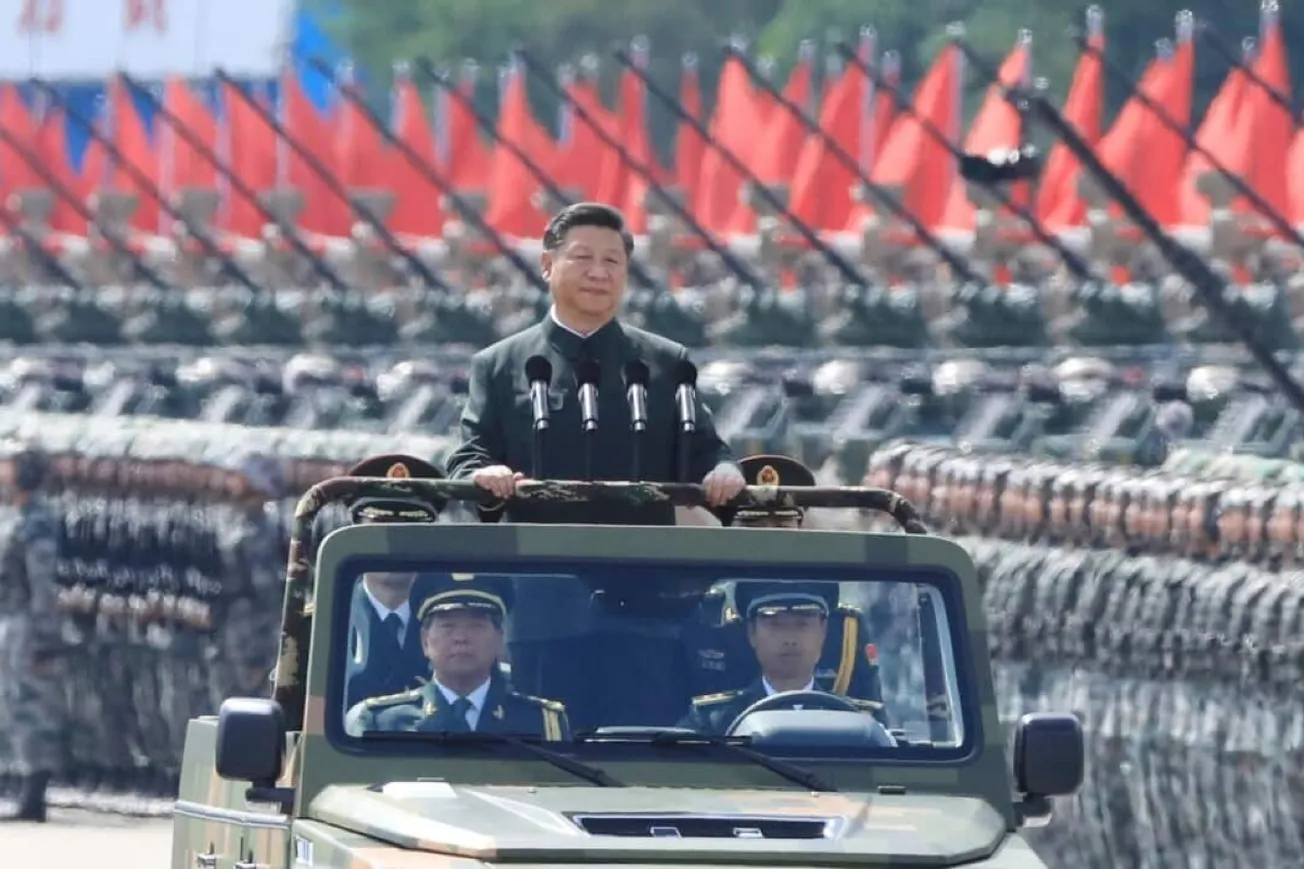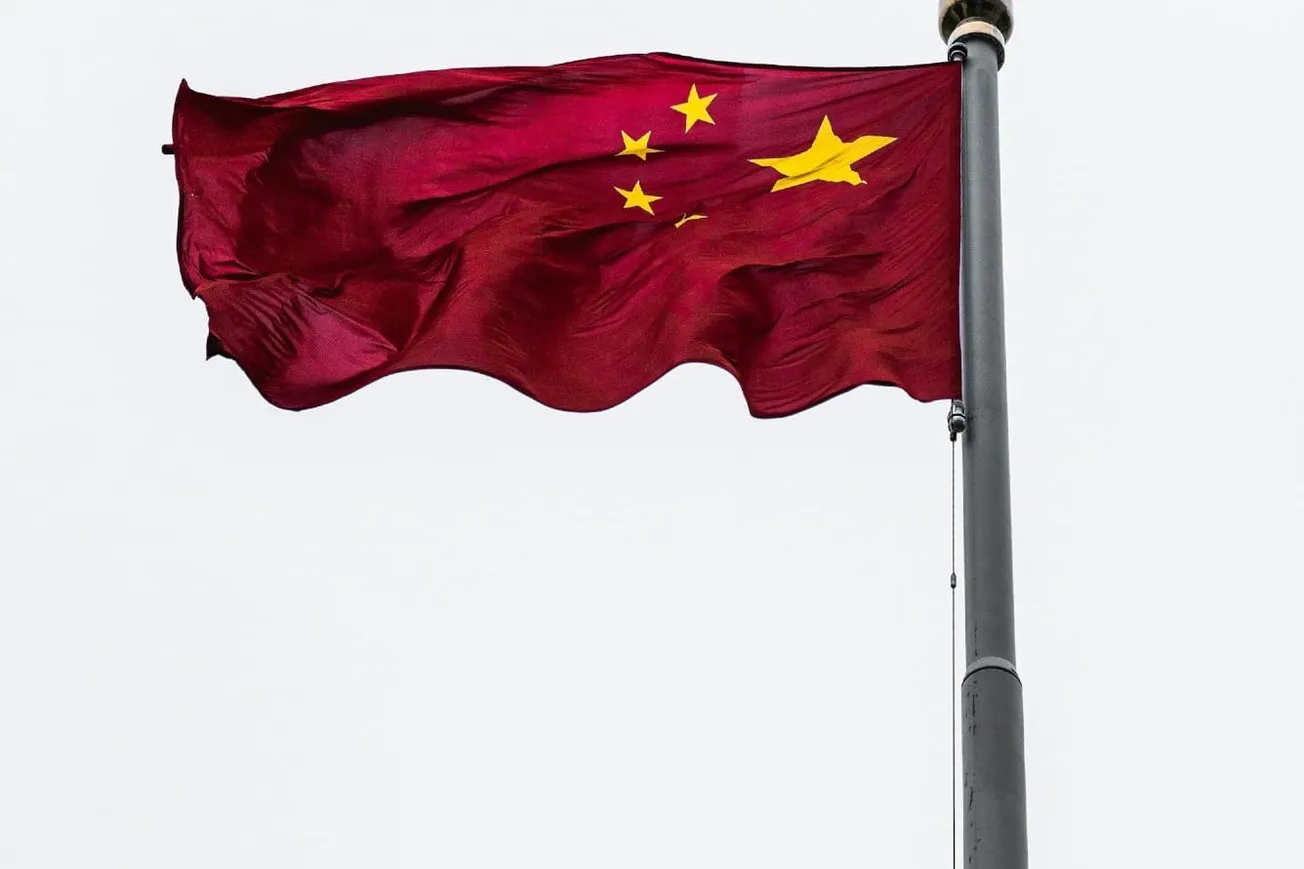After a two-day state visit to Moscow, carefully orchestrated to showcase the "no limits" friendship between the two countries, Chinese President Xi Jinping has returned to Beijing. It did not surprise many that the leaders of an erstwhile superpower and the emerging power paid the bare minimum attention to the Ukraine war that has remained the world's focus for thirteen months.
In late February, China put out a Russia-Ukraine "peace plan." Though the "12-point position paper" made public had little actionable or fresh insights, it was greeted with wary optimism. Beijing pulled off a diplomatic coup a few days ago by brokering a peace deal between Saudi Arabia and Iran. Riyadh and Tehran decided to put aside their considerable differences and pursue peace after secretive talks conducted in Beijing. But, even the dim hopes that China, basking in its newfound tag as a "peacemaker," would steer the Russian President towards ending the conflict came to naught.
The Kremlin summit came at a crucial time for both nations.
President Xi has many pressing concerns just days into his extraordinary third term. With a declining population growth rate, GDP in single digits, and deteriorating relations with the U.S. (China's biggest trade partner), the Chinese leader is concentrating on cementing ties with his old allies. His efforts to build and maintain alliances to counter the West's influence are critical to his plans. A multi-polar, non-Western world, preferably with China as one of the centers of influence, aligns with his vision of a "new type of international relations and a community with a shared future for mankind."
Besides diplomatic influence, China is looking for partners to return its economy, hit severely by the Zero-Covid policy, on track. Energy is a crucial resource for the Chinese economy projected to recover reasonably this year. Beleaguered by the West's sanctions, Russia is looking for buyers who are not uneasy about defying the sanctions. Xi has paid little heed to sanctions imposed on Russia for invading Ukraine. Bilateral trade soared to $190 billion last year. President Xi returned home with the Russian leader's assurance that Russia could meet China's "growing demand" for energy. With Russian oil at its disposal, President Xi can once again fire up the "world's factory."
But, the relationship between the two extends far beyond economic concerns. Beijing has refrained from even condemning Russia for its attack on Ukraine. American intelligence agencies now believe China is considering sending weapons to Russia – a move that could significantly alter the war's course.
China does not want a weakened Russia. Russia losing the Ukraine war may mean President Putin's downfall. The Chinese autocratic leader would like to avoid seeing a similar regime and governance model as his failure right next door. Plus, should Ukraine defeat Russia with Western support, President Xi will have a tough time shoring up support for his "military option" against Taiwan. In Beijing's eyes, Russia is a counterweight to the West. The Asia giant, with its abundant energy and mineral reserves, still shapes the world's politics.
The visit has also given a boost to President Putin. Isolated and facing multiple sanctions, Russia has few allies and unwavering supporters. Recently, the International Criminal Court issued an arrest warrant against the Russian leader for "the war crime of unlawful deportation of population (children) and that of unlawful transfer of population (children) from occupied areas of Ukraine to the Russian Federation." Beijing's response was to chide the ICC for its "double standards" and "respect immunity for heads of state."
President Xi's ninth visit, within the decade, to his northern neighbor has served its purpose. The "neutral" party extended solidarity and support of Moscow and, in return, cemented ties with the energy supplier to fuel its economy.









